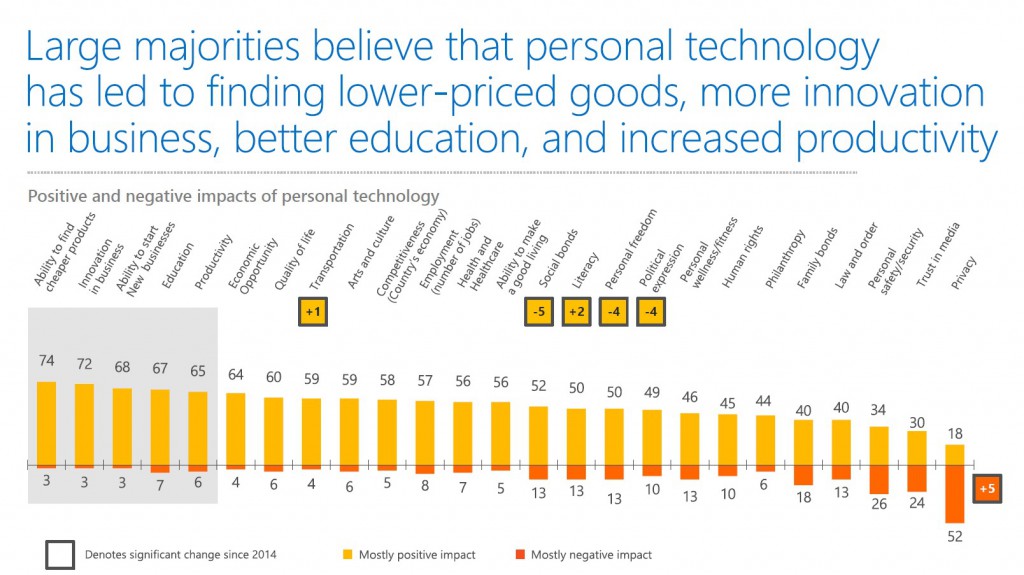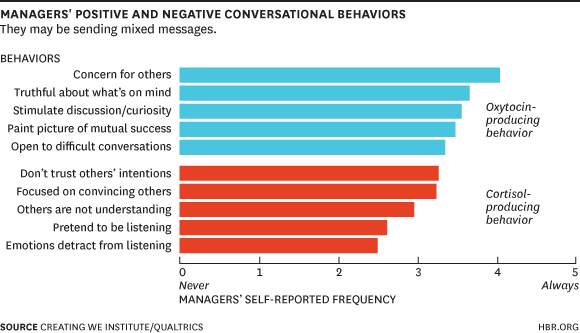Time to tackle training tedium
Editor’s note: The CIPD’s chief economist Mark Beaston looks at why training in the UK is so bad despite the fact employees are keen to learn.
Editor’s note: The CIPD’s chief economist Mark Beaston looks at why training in the UK is so bad despite the fact employees are keen to learn.
If organisational #agility is important to business success in today’s world, it is critical to…
Researchers in the US have identified three factors that make #teams smart. Writing in The…

Editor’s note: Now here’s a thing. We probably all think we know how we learn, but do we? This article looks at 10 ways of learning and assesses how effective they are. If evidence challenges some of our legacy thinking on learning then is it time to change what we do?

Editor’s note: As personal and work technology merges (slowly in places) it is useful to get a view on how people perceive technology. This research from Microsoft shows that people are generally positive about the impact of technology although privacy is a major issue.

Editor’s note: This counter-intuitive data shows online education in the US may have plateaued. But aren’t institutions and vendors looking at a future in which online education continues to grow and grow? Fascinating stuff. Thanks to Nick Shackleton-Jones for sharing.

Editor’s note: Thanks to the CIPD’s Ruth Stuart for sharing this link to research that shows drawing can help you learn. There are lots of caveats that come with the research but it seems acting on information you consume – be it talking about it or drawing – helps it sink in.

The quality of #management in the UK continues to trail the USA, Germany and other…

Why do negative comments and #conversations stick with us so much longer than positive ones?…
Editor’s note: A smallish survey from the ASTD finds that organisations are failing to effectively incorporate coaching into talent development. This is surprising as coaching is seen by many organisations as a critical people development tool.

Editor’s note: This article shouts out why L&D professionals need to be on top of developments in the cognitive sciences. Otherwise, how can we be sure what’s called out as being phoney is actually phoney?

Editor’s note: This research analyses Twitter data to understand what drives behaviour on Twitter and in particular what really drives retweets, favorites, and replies.

Editor’s note: The UK Commission for Employment and Skills has published a report on future careers which identifies 40 jobs for the future. Interesting to see what they are and to think about where L&D fits in and how organisations can encourage and support people into these types of roles.
Editor’s note: Fascinating data looking at how long employees tend to stay with an employer – cast your assumptions aside and see how the data can help with your approaches to recruitment and people development.

Editor’s note: Small scale research but it shows something powerful – that culture really can affect behaviour. It is extraordinary to think that perfectly decent people can resort to negative behaviour thanks to the working culture.
